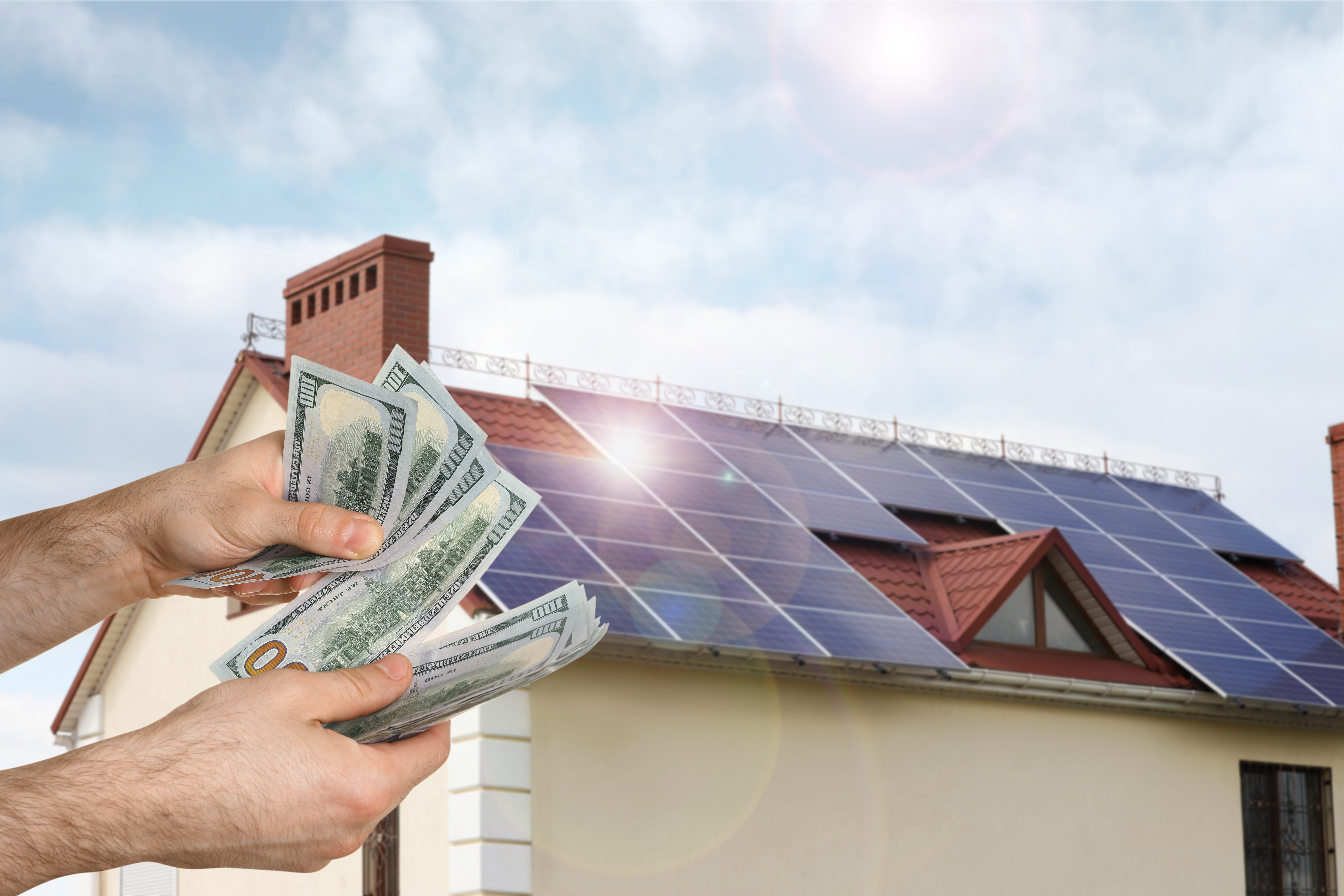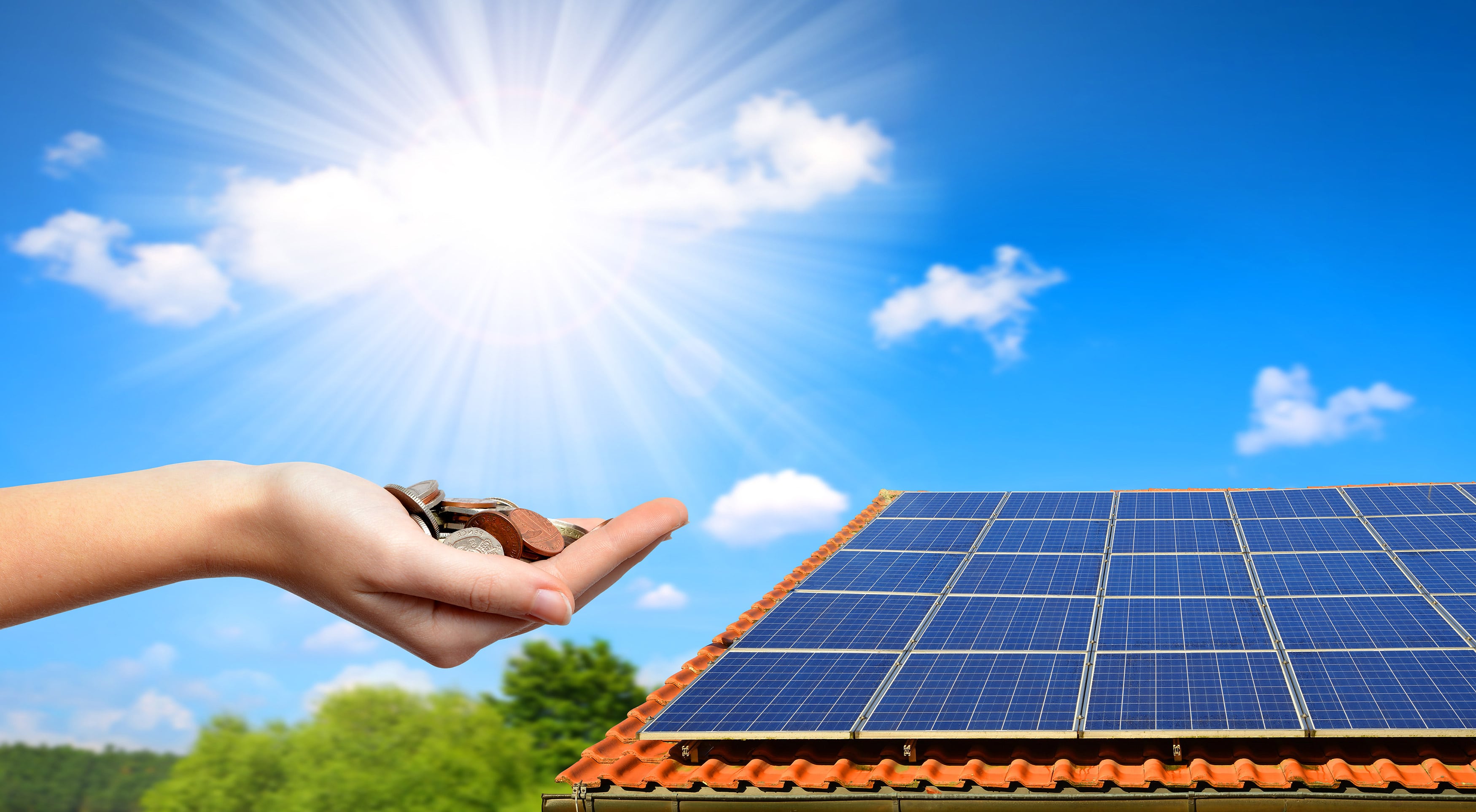Simply Solar Illinois: Solar Panel Specialists for High-Quality Energy Solutions
Simply Solar Illinois: Solar Panel Specialists for High-Quality Energy Solutions
Blog Article
How Solar Power Can Assist You Save Money and Minimize Your Carbon Footprint
The assimilation of solar power into your power portfolio provides an engaging possibility for both financial savings and ecological stewardship. As numerous federal government incentives end up being offered, the concern occurs: just how can one properly navigate the preliminary financial investments and continuous advantages of solar innovation to make best use of both financial and ecological gains?
Understanding Solar Power Cost Savings
While the transition to solar power usually includes a first financial investment, understanding solar power savings is important for home owners and organizations alike. Solar energy systems can considerably reduce electrical power costs by taking advantage of the sun's energy, translating right into substantial long-term financial advantages. By generating their own electrical power, users reduce reliance on grid power, which undergoes rising and fall rates. These savings can gather gradually, commonly resulting in a fast roi.
Moreover, solar energy systems might get various financial rewards, including tax credit reports and rebates, even more enhancing their cost-effectiveness. The availability of web metering allows individuals to sell excess energy back to the grid, producing an added earnings stream. These elements add to the general financial savings linked with solar energy.

In enhancement to direct financial savings, solar energy offers the included benefit of increasing home worth. Houses geared up with solar panels are often extra attractive to purchasers, as they promise lower power prices - Simply Solar Illinois. Recognizing these elements is necessary for any individual thinking about solar power, as it highlights not just the potential economic gains, yet also the wider environmental and financial advantages of taking on sustainable energy remedies
Initial Prices vs. Long-Term Advantages
When evaluating solar power, it is essential to weigh the first prices versus the long-term benefits. The in advance investment for solar panels, installment, and relevant tools can be significant, commonly ranging from $15,000 to $30,000, depending on the system size and home energy requirements. This initial expense may discourage some homeowners; however, it is critical to take into consideration the potential financial savings in time.
Once mounted, solar energy systems can substantially lower or also get rid of monthly electricity bills, causing substantial long-term financial benefits. Studies indicate that home owners can conserve anywhere from $10,000 to $30,000 over the life expectancy of their planetary system, generally 25 years. In addition, several states supply incentives, tax credit scores, and rebates that can balance out initial costs, making solar much more accessible.

Decreasing Your Carbon Footprint
Reducing your carbon impact is an important factor to consider in today's environmentally conscious society, and embracing solar energy is among the most efficient techniques to accomplish this goal. Solar power is a clean, sustainable resource that dramatically diminishes reliance on nonrenewable fuel sources, which are significant contributors to greenhouse gas discharges.

Furthermore, the extensive fostering of solar technology urges the advancement of green work and sustains advancements in power storage and effectiveness. The more individuals and companies purchase solar power, the greater the collective decrease in carbon exhausts, fostering a cleaner environment for future generations.
Government Motivations and Discounts
Embracing solar energy not only benefits the atmosphere yet can also result in considerable financial cost savings, specifically with the availability of federal government special info motivations and rebates. Various government, state, and regional programs are created to encourage home owners and businesses to purchase solar power systems, making the transition extra budget friendly.
Among one of the most famous incentives is the Federal Investment Tax Debt (ITC), which allows planetary system proprietors to subtract a substantial portion of the installation costs from their federal tax obligations. This incentive has actually been essential in reducing the in advance expenditures connected with solar power systems. In addition, numerous states use their very own tax obligation debts, gives, and refunds that can even more enhance savings.
Additionally, some city governments give real estate tax exemptions for solar installments, making sure that home owners do not encounter boosted real estate tax as an outcome of their renewable resource investments. Energy firms may also supply motivations, including internet metering and feed-in tolls, which permit solar power individuals to sell excess power back to the grid.
Picking the Right Planetary System
Choosing the suitable solar system is important for making the most of power effectiveness and financial benefits. The decision hinges on several variables, consisting of power needs, budget, and offered area. Property owners ought to begin by assessing their electricity consumption to establish the system size required for optimal efficiency.
Following, consider the different kinds of solar modern technologies offered. Simply Solar Illinois. Photovoltaic Or Pv (PV) panels are the most common, transforming sunshine directly into power, while solar thermal systems concentrate on heating water. Each type has distinctive these details advantages depending upon specific requirements
Spending plan factors to consider are additionally extremely important. Preliminary installment costs can vary considerably, so it is necessary to contrast quotes from numerous companies and check out financing choices. Government incentives and rebates can even more decrease the monetary concern, making planetary systems a lot more accessible.
Final Thought
In summary, solar power offers a feasible solution for attaining considerable cost financial savings while at the same time lessening carbon discharges. The first investment, though substantial, returns considerable long-term financial benefits, with possible cost savings varying from $10,000 to $30,000 over 25 years. Furthermore, the ecological benefits of solar power contribute to sustainable techniques vital for combating climate change. Government motivations enhance the usefulness of solar modern technology adoption, urging a shift towards a cleaner, extra financially efficient power resource.
Report this page